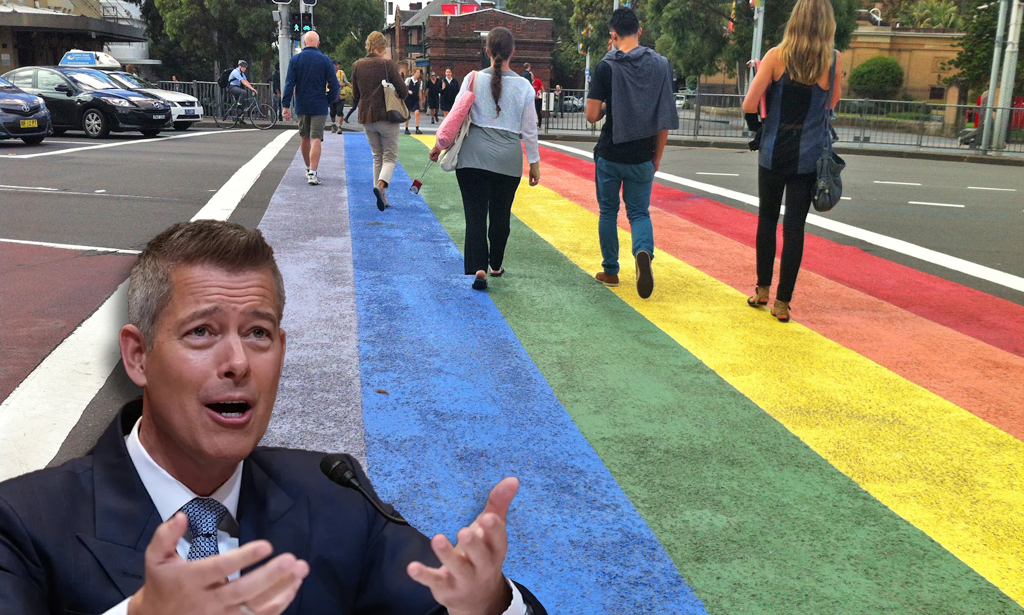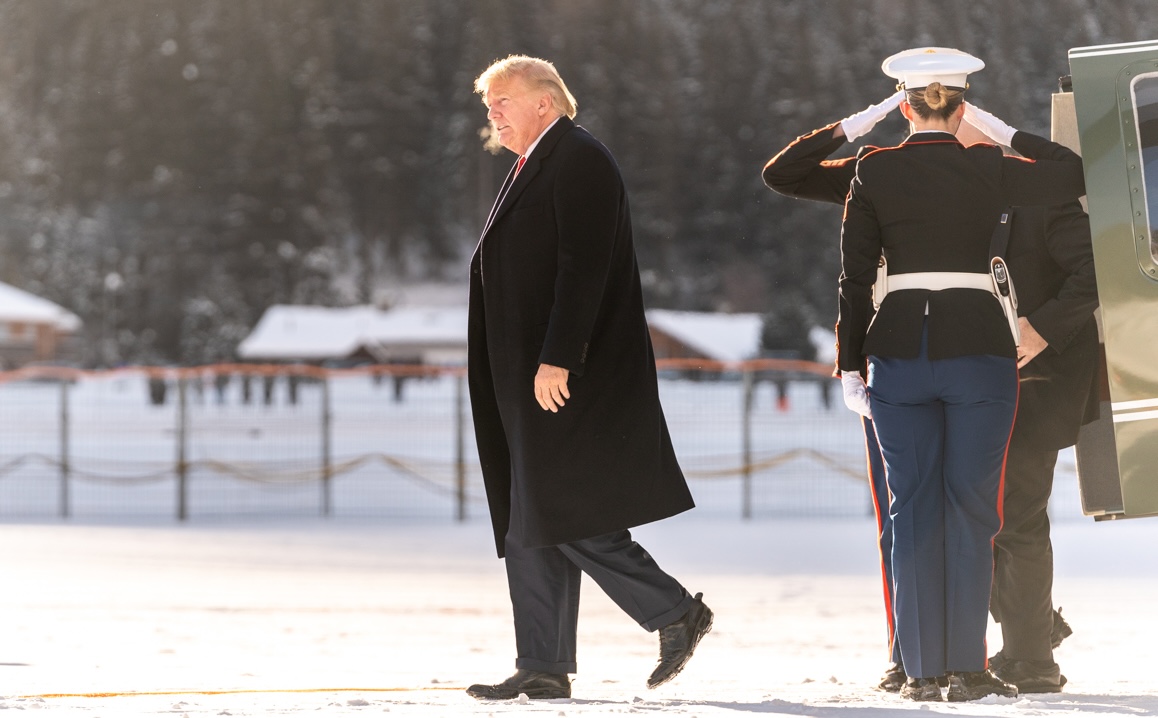The Obama administration today announced the winners of $1.5 billion stimulus in highly competitive stimulus grants under the program known as Transportation Investments Generating Economic Recovery, or TIGER. Southeastern and midwestern freight rail projects were the day's biggest winners, with urban streetcar projects also making a big splash.
 Freight rail in Chicago, where the CREATE project won $100 million in federal stimulus aid. (Photo: NSTPRSC)
Freight rail in Chicago, where the CREATE project won $100 million in federal stimulus aid. (Photo: NSTPRSC)Atop the list of TIGER grants [PDF] was a $105 million infusion for the Alabama and Tennessee sections of the Crescent Corridor, an ambitious Norfolk Southern project that would divert shipping traffic from trucks to trains while upgrading passenger rail service from the Gulf Coast through the Mid-Atlantic region.
CREATE, a seven-year-old effort to enhance freight mobility in the Chicago area by creating auto and pedestrian routes around rail tracks as well as separations between passenger and freight routes, netted $100 million from the TIGER fund.
The No. 3 TIGER winner was also a freight corridor: The National Gateway plan, aimed at boosting capacity on three CSX rail shipping lines in Ohio and Pennsylvania, won $98 million, or more than half of the project's estimated remaining costs.
Among the several cities who sought stimulus grants to construct new streetcar lines, Tuscon ($63 million), Dallas ($23 million), and New Orleans ($45 million) emerged victorious. The latter city was singled out by Transportation Secretary Ray LaHood for a December announcement of new streetcar grants, seen at the time as a boost to its chances for federal aid.
Kansas City's streetcar appeared to fall short, but its local Green Impact Zone project won $50 million in funding for a slate of upgrades that includes local transit access points.
Another category of project that fared well in TIGER -- in which the U.S. DOT put different transportation modes on the same footing, rather than operating under bureaucratic "silos" that separated roads from transit -- was projects to unite foot, car, transit, and bike traffic under one roof. Epitomizing this type of proposal was the Twin Cities' $35 million grant to renovate the St. Paul Union Depot into a state-of-the-art transfer point for all types of local travelers.
The Boston suburb of Revere also got $20 million to replace aging parking lots with a modern transit facility that includes pedestrian and bike improvements, and the Central Illinois city of Normal received a $22 million grant to create a similar new hub that will allow bus, train, bike, and car travelers to transfer between modes.
Road projects were not entirely shut out of the running, with Texas' tolled Highway 161 receiving $20 million in grants to support a new $400 million loan from the U.S. DOT's TIFIA program, which provides federal financing for local infrastructure work.
John Robert Smith, the CEO of the pro-rail group Reconnecting America, hailed the TIGER program as a model for the next long-term federal transportation bill. Smith noted in a statement that 53 percent of the TIGER funding went to local governments and transit agencies rather than getting routed through state DOTs -- a major complaint from mayors during the drafting of the stimulus law's transportation spending provisions.
"Congress
needs to build on this success and authorize the surface transportation program
along similar lines to support innovation and integrated transportation
solutions in communities of all sizes," he said.





